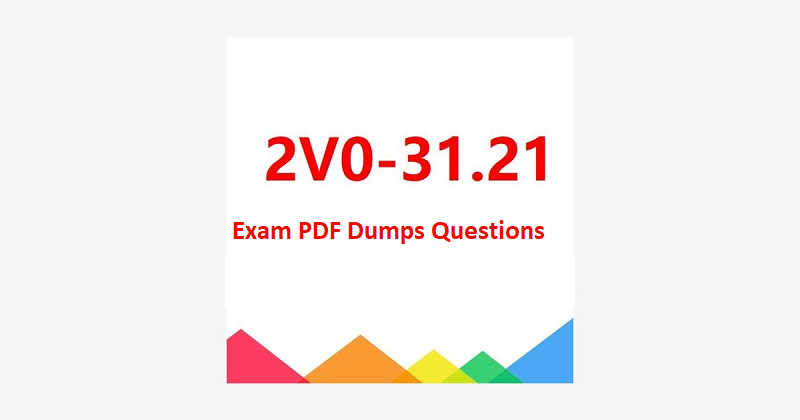Are you currently working on your undergraduate dissertation and want to secure top grades? Well, then, this article is for you! In this post, we will provide you with the 7 most important points to improve the quality of your undergraduate dissertations so that it achieves your desired grades.
What are the Important Points to Improve the Quality of Your Undergraduate Dissertation?
Follow these 7 tips to make your undergraduate dissertation up to the mark and exceptional. Your tutor will be impressed by your work, and you’ll be awarded a 2:1 in your dissertation!
- Specify a Definite Research Question
- Elaborate on Your Research Methodology
- Construct a Concise Research Strategy
- Critically Review the Literature
- Structure Your Argument Carefully
- Write Analytically
- Edit and Proofread Your Dissertation
Let’s explore these important points further in the article below.
Specify a Definite Research Question
You may have more freedom to write about a topic of your choice in the dissertation, but you must specify a specific research question. Remember that you have a set number of words to work with; it may be tempting to go into detail on every aspect of your subject, but you’ll need to narrow your focus to stay within the word limit. It can only be accomplished by asking pertinent, specific questions and thoroughly answering them.
Elaborate on Your Research Methodology
It’s a good idea to read up on the method you’ve chosen for your dissertation so that you’re fully prepared to use it and explain why it’s appropriate for your research question. You’ve almost certainly already had some research methods training from your department, so use the materials from those sessions as a starting point. All dissertations must review literature in some way, and this tip will help you understand the research methodologies regardless of the type of dissertation you’re writing.
If you find it too difficult, you can also consider hiring an undergraduate dissertation help to better assist you with the dissertation writing process.
Construct a Concise Research Strategy
Before delving into the literature, you’ll need to develop a comprehensive research strategy. Whether you’re conducting empirical research or writing a literature review, properly utilizing existing literature is critical to the success of your dissertation. Literature is the foundation upon which you will build your analysis; therefore, you must ensure that you have found the best sources of evidence and used them correctly to support and justify your argument.
Critically Review the Literature
It’s a good idea to have a strategy in mind when reading academic sources; you won’t be reading to understand everything in a single source, but you also don’t want to miss any important points. The SQR3 method is useful: Survey, Question, Read, Recite, Review. Such an active reading approach makes it much easier to comprehend what you’ve read and make important connections with other material. It’s especially important to question as you read; ask yourself questions about what you’ve read, and consider what might be missing from the source. Is it necessary to look elsewhere to refute or confirm what you’ve read? These questions will strengthen the literature review section of your dissertation.
Structure Your Argument Carefully
Consider how to structure your argument as you write your dissertation carefully. Dissertations typically follow a fairly consistent structure but check with your department to see if specific sections are required.
The expectations established by your department will heavily influence the structure of your dissertation. The following is an example of an empirical research structure:
- The introduction is where you outline the goals and objectives of your dissertation and why you chose your specific topic.
- Literature Review – A literature review is a critical overview of the scope and content of current literature that informs your topic.
- The methodology is where you present your research approach, drawing on research methods literature to justify your choices.
- Findings/results are the sections where you present your research data without any commentary or analysis.
- In discussion, you analyze your research findings and draw parallels with the earlier analysis in your literature review. You could present your discussion thematically.
- Conclusion/recommendations – a summary of your research and how well you met the aims and objectives of your introduction.
- References (where appropriate)
- Appendices (where appropriate)
Remember that, in addition to adhering to the overall structure, each section should have its structure and logic. Consider each section as a mini-essay; each should explain what is included in that section and conclude that content in some way before moving on to the next.
Write Analytically
Always strive to write in an analytical style when writing your dissertation. Writing descriptively is much easier, especially in a literature review, but writing analytically is more effective and interesting. Consider the reader’s perspective: do they need a detailed description of everything you read, or would they prefer a critical overview of the themes? Even the best descriptive writing can become tedious after a while, so avoid it whenever possible.
That doesn’t mean you can’t be descriptive in any way. The methodology and findings sections, for example, are likely to describe a relatively linear approach. Look for opportunities to be analytical even in these sections. Reflect on your chosen approach, for example, in the methodology; why was it the best one to meet your goals? It will improve your writing style and result in a more engaging dissertation.
Edit and Proofread Your Dissertation
A 2:1 is nearly impossible if your work contains significant spelling, punctuation, or grammar errors. To improve your dissertation grade, proofread each chapter carefully as you finish it and the entire work as a whole. Having another person review the dissertation is beneficial because you may overlook minor errors due to your familiarity with it. You must ensure that the work is error-free and that the written expression is fluent and accurate to receive a 2:1.
Bottom Line:
Although writing an undergraduate dissertation is a tough and tedious task, you can make it easy with the help of the tips we have mentioned above in this article. It will improve the quality of your dissertation, and you’ll earn your desired grades!
Read: How Do Dissertation Writing Services Help Students to Achieve Dream Grades?





